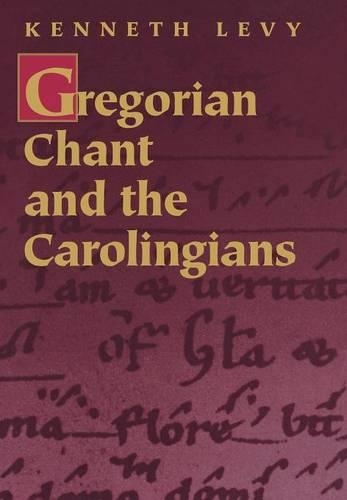
Gregorian Chant and the Carolingians
(Hardback)
Publishing Details
Gregorian Chant and the Carolingians
By (Author) Kenneth Levy
Princeton University Press
Princeton University Press
12th May 1998
United States
Classifications
Professional and Scholarly
Non Fiction
Art music, orchestral and formal music
782.3222009
Physical Properties
Hardback
288
Width 197mm, Height 254mm
539g
Description
This text, which represents the culmination of the author's research, seeks to change long-held perceptions about certain crucial stages of the evolution and dissemination of the old corpus of plainchant - most notably the assumption that such a large and complex repertory could have become and remained fixed for over a century while still and oral tradition. Levy portrays the promulgation of an authoritative body of plainchant during the reign of Charlemagne by differentiating between actual evidence, hypotheses, and received ideas. How many traditions of oral chant existed before the tenth century Among the variations noted in written chant, can one point to a single version as being older or more authentic that the others What precursors might there have been to the notational system used in all the surviving manuscripts, where the notational system seems fully formed and mature In answering questions that have long vexed many scholars of Gregorian chant's early history, Levy offers fresh explanations of such topics as the origin of Latin neumes, the shifting relationships between memory and early notations, and the puzzling differences among the first surviving neume-species form the tenth century, which have until now impeded a critical restoration of the Carolingian musical forms.
Author Bio
Kenneth Levy is Scheide Professor of Music History Emeritus at Princeton University. He is well known for his work in medieval music, particularly Byzantine and Latin plainchant. He is the author of Music: A Listener's Introduction.
